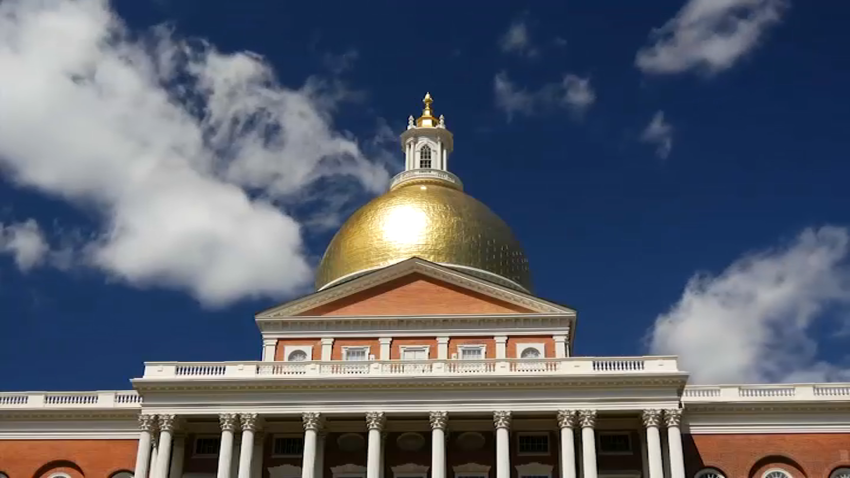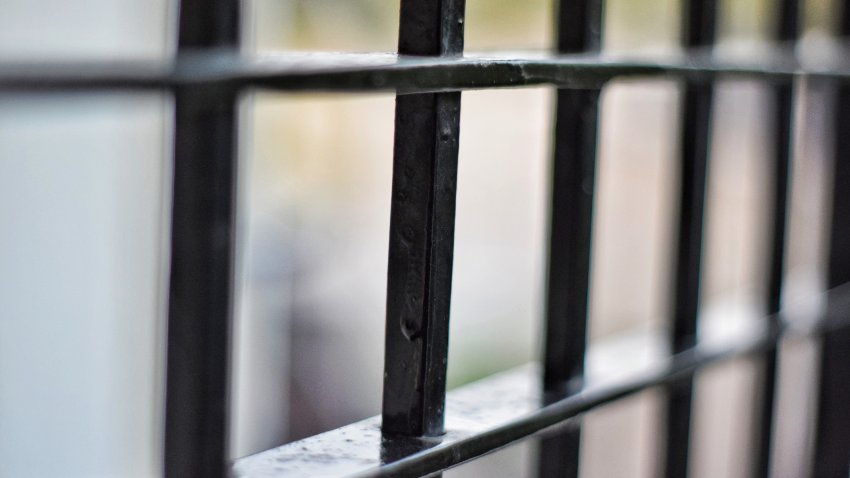

The Latest
-

Why Patriots should consider Georgia's Jalon Walker with No. 4 pick
Jalon Walker dominated against top competition in the SEC last season. Should the Patriots take him early in the 2025 NFL Draft?
-

Patriots reveal new jersey number for WR Stefon Diggs
Patriots wide receiver Stefon Diggs has chosen the third different jersey number of his NFL career.
-

Where my road dogs at? Fans aiding Celtics' historic away-game success
As the Celtics close in on the best road record in NBA history, Chris Forsberg breaks down an X-factor that’s helped fuel the team’s away-game success.
-

Minten scores first Bruins goal, gives fans hope amid tough season
It’s been a brutal season for the Bruins, but Fraser Minten’s talent and potential should give fans some hope for the future.
-

Mass. lawmakers focus on tariffs and transportation Wednesday
The Massachusetts House is expected to vote on a $1.25 billion spending bill that invests in education and the MBTA, while Gov. Maura Healey is focusing in on tariffs
-

Best fits for Patriots at slot cornerback in 2025 NFL Draft
Can the Patriots find their slot cornerback of the future in the 2025 NFL Draft? Phil Perry breaks down the best fits at an underrated position of need.
-

Most charges dropped against teens charged in TikTok-inspired ‘Catch a Predator' plot
Most of the charges have been dropped against five Massachusetts college students accused of plotting to lure a man through a dating app into visiting campus last fall and then seizing him as part of a “Catch a Predator” trend on TikTok.
-

How will Trump's tariffs impact Mass.? Healey, business leaders to speak
Sweeping tariffs took effect overnight, setting the stage for another high stakes day on Wall Street as global markets react to the reshuffling of international trade. So when could prices for consumers rise? A lot is still up in the air, but financial experts expect that we’ll see the prices of products like fruits and vegetables go up in...... -

When will opening statements be heard in Karen Read's retrial?
Jury selection presses on for a seventh day on Wednesday in Karen Read’s second murder trial, with at least four more jurors needed before opening statements can begin. There have been 12 jurors so far selected — three were seated on Tuesday, and one was dropped, bringing the total to a dozen. Judge Beverly Cannone wants at least 16 before... -

How are parts of New England still in a drought despite days of rain this month?
It’s been raining. It’s been cloudy. It’s been dreary. So, understandably, the question pops up, “How in the world are we still in a drought?”
-

Is there fluoride in water where you live in Massachusetts?
The federal government will soon stop recommending that municipalities add fluoride to public drinking water. Many communities in Massachusetts already don’t do so.
-

City Councilor Tania Fernandes Anderson plea deal, resignation: What we know so far
Boston city councilor Tania Fernandes Anderson announced Tuesday that she plans to resign from her post after agreeing to sign a plea deal in the federal corruption case against her. She is accused of stealing thousands of dollars in a kickback scheme and was arrested in the case last year. The 46-year-old, who represents Dorchester, Roxbury, Fenwa... -

Massive house fire overnight in Spencer
A significant house fire broke out overnight in Spencer, Massachusetts.









